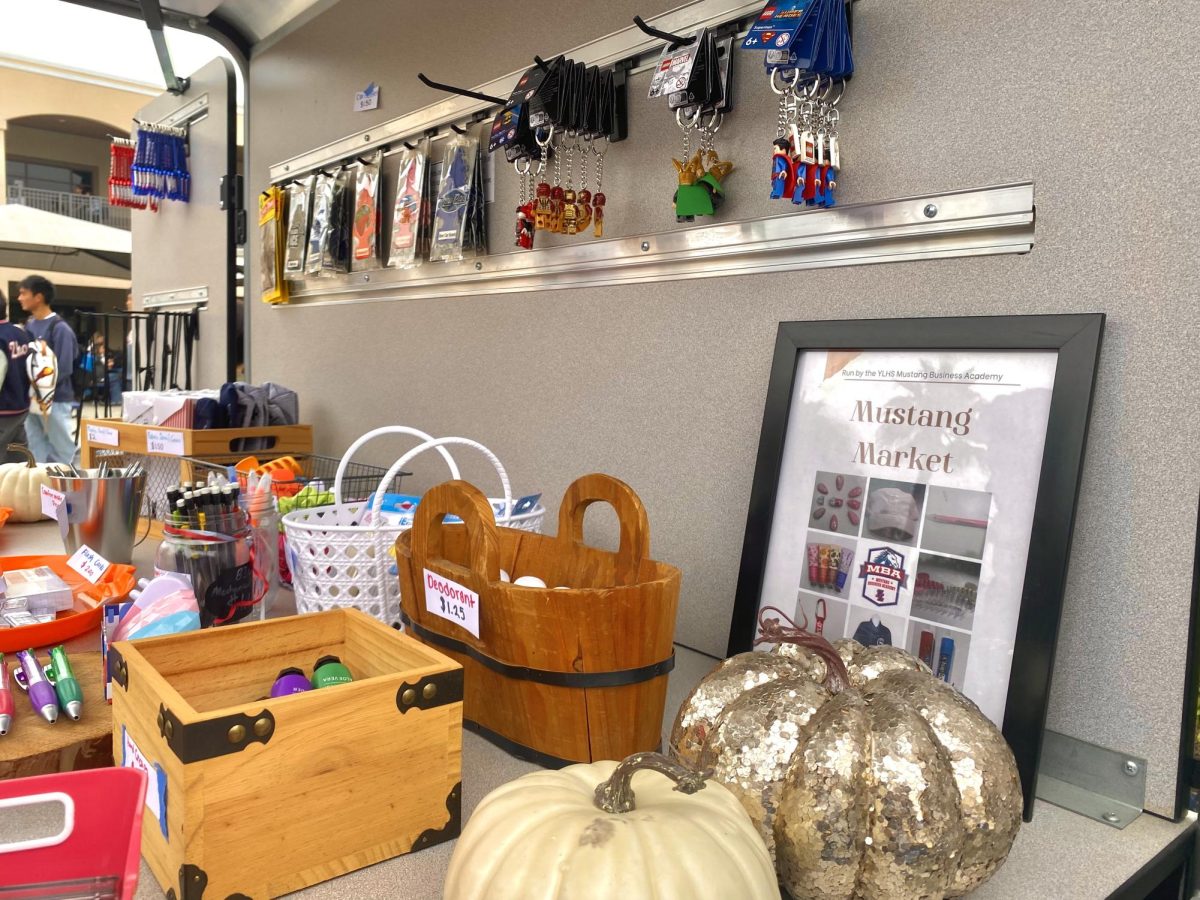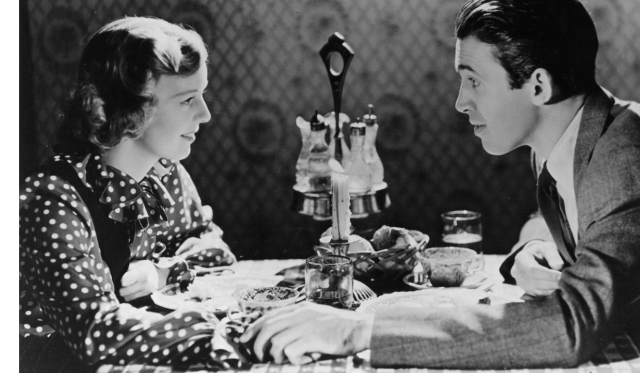As the doom of college applications approached me, I took my first AP class, European History, my sophomore year. Much to my parents’ dismay, I was afraid to take an AP class my freshman year, as I considered myself “not smart.” Even though AP Euro was considered one of the hardest classes, I was deterred from taking AP Computer Science, as I also considered myself “bad at math.” As sophomore year inched its way closer, my brain filled with the worst possible circumstances. I imagined myself falling behind the class, getting C’s, or having to drop the class halfway through the year.
However, having taken the class, I surprised myself. Of course, the class was—and still is—one of the hardest classes I have ever taken. Still, as the year went on, I found myself grasping the material, getting sufficient grades, and enjoying the process. Yes, there were many sleep-deprived nights, unending frustration, and constant stress; nevertheless, I was doing it. My perseverance enabled me to faithfully call myself hardworking. I was faithful in the methods I chose to study, and I was studious—studying a week in advance for tests, finding outside material to help me succeed. I exceeded my own expectations—not specifically in the grades department, but in my own capability.
I realized that the common excuse high school students have for not challenging themselves—“I’m not smart enough”—was just that: an excuse. I never considered myself an exceptionally smart student. I hated reading and thought every form of math to be an excruciating torture. Despite that, the sleepless nights I spent studying paid off in the form of an approving nod from the teacher and grades I never expected myself to achieve in difficult classes. I realized that as long as you have the drive and motivation to put in the time and effort (as cliché as that sounds), being “smart” or not does not create a drastic difference (at least in high school classes). Yes, there were tests I studied hours for that came back with disappointing results, which stymied my efforts. Still, looking back, I am so proud that I continued on. I am sure that being “smart” allows for shortcuts and drastically less time spent studying. Even so, the work ethic and determination l acquired to make up for the skills I thought were ”lacking” is invaluable and will serve me huge benefits wherever in the future.
This sentiment is not just applicable to me but also to many other students on the YLHS campus. Danielle Rhee (11), who has consistently challenged herself with rigorous classes since freshman year, says that, “Even if the material I learned in various classes throughout the years will not directly serve me in the future, the commitment I showed is a vital addition to my abilities.”
Challenging myself revealed to me the underlying abilities I had within myself. I never imagined myself to be someone studying a week in advance for tests, doing additional work for school, or willingly taking classes I know will be a difficult trial. Even so, pushing my limits, no matter how time-consuming and demanding it was, is a blessing in disguise I would never take back.


























